Natural Ways To Moisturize Oily Skin
Say 'no' to greasy skin with some hydrating ingredients from your kitchen!
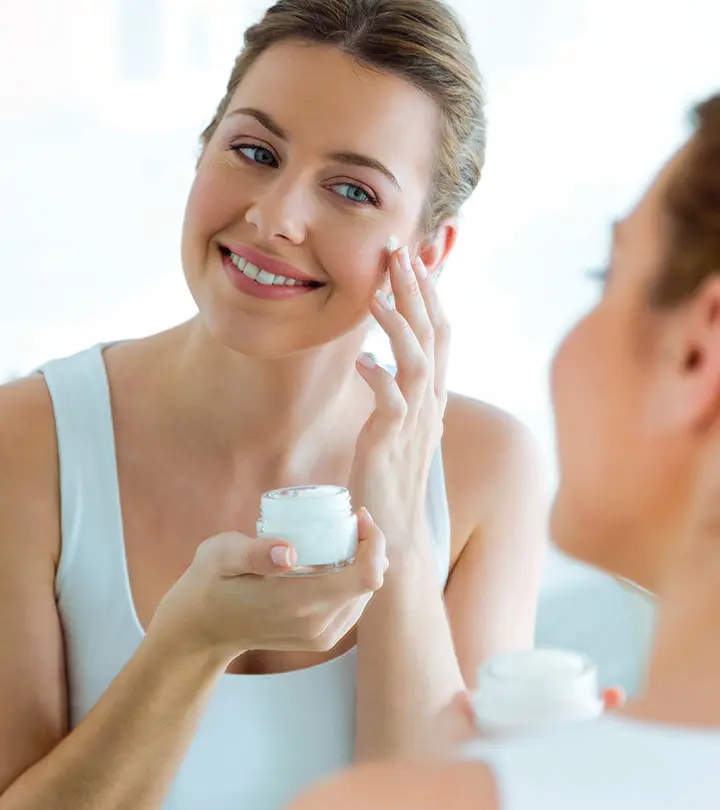
Image: Shutterstock
Oily skin is difficult to manage. For instance, you must be careful about following the exact correct ways to moisturize oily skin so as not to over-moisturize it or leave your skin looking lifeless by not moisturizing it enough.
Following a skin care routine for oily skin comes with many difficulties. To make your life a little easier, we have compiled a list of essential home treatments that will help you find the right balance and ensure that your skin care routine is effective. Continue reading to learn how to make the best moisturizer for oily skin. Scroll down.
In This Article
Why Is It Necessary To Moisturize Oily Skin?
Many people with oily skin believe that skipping moisturizer will balance excess oil. However, this is a common misconception. Oily skin still needs proper hydration to maintain balance. When you skip moisturizing, your skin may actually produce more oil to compensate for the dryness, leading to an even oilier complexion.
The biggest challenge of having oily skin is maintaining its moisture balance. It makes you avoid using moisturizers as you fear increasing the oiliness of your skin.
This is bad as it starves your facial skin of the much-needed hydration. To add to this, regular use of chemical cleansers and face washes can strip your skin of natural oils and make it dull and dry.
Depending on how oily your skin is, you can choose to moisturize it once or twice a day. In the next section, we will see when you should moisturize your skin.
Key Takeaways
- Rose petals and rose water have toning and astringent effects on the skin.
- A combination of lemon and honey moisturizes oily skin and may reduce acne.
- Strawberries reduce water loss from cells and replenish the skin without increasing its oiliness.
- Linolenic acid in sunflower seed oil hydrates the skin and maintains the skin barrier.

When Should You Moisturize Your Skin?
If you have oily skin, you must use a moisturizer:
- After washing your face in the morning the face wash or cleanser can strip your skin of natural oils.
- After a shower (use a lightweight and non-comedogenic moisturizer) as it helps restore the natural moisture balance of your skin. But keep in mind that hot showers typically dry out the skin, so it is best to stick to lukewarm water.
- At the end of the day, after you have washed your face, use an oil-free water-based, or gel-based moisturizer (preferably the sebum control one), as it helps in preventing your skin from becoming too oily or too dry overnight.
Not all chemically formulated moisturizers may suit oily skin. Hence, we have compiled a list of homemade hydrating moisturizers that you can include in your skin care routine for oily skin.
Natural Ways To Moisturize Oily Skin
1. Milk
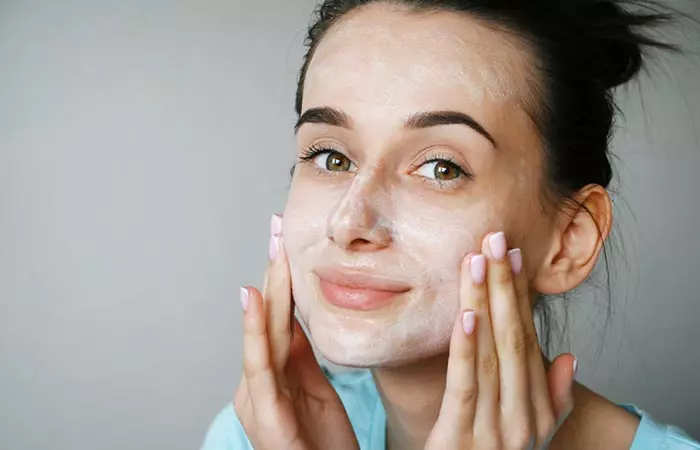
Milk contains lactic acid, which has moisturizing properties (1). It also helps in maintaining skin barrier function.
Take a quarter cup of fresh milk and add a few drops of lime juice to it. Mix well and apply it to your face. Wash off with water after 10 minutes. You can do this once a week.
 Fun Fact
Fun Fact2. Rose Petals
Research shows that rose petal extracts exhibit anti-inflammatory effects on the skin
(2). Both rose petals and rose water exhibit toning and astringent effects on the skin (3).
Take some rose water in a saucepan and add a cup of rose petals to it. Bring it to a boil. Cool and strain the solution. Add aloe vera gel to it and refrigerate this mixture. Apply this to your face and leave it on. You can do this every night before going to bed.
3. Aloe Vera
Aloe vera can not only moisturize your skin but also protect it from UV-induced damage
Mix one teaspoon of carnauba wax, two to three tablespoons of jojoba oil, and a tablespoon of water. Melt the mixture by placing this in a water bath. Allow it to cool down and add the rest of the ingredients and mix well. Apply this moisturizer to your face and neck. Do this every night before going to bed. You can also mix a few drops of argan oil, rosehip oil, vitamin E oil or witch hazel with aloe vera gel to make a light, non-greasy homemade moisturizer.
4. Lemon And Honey
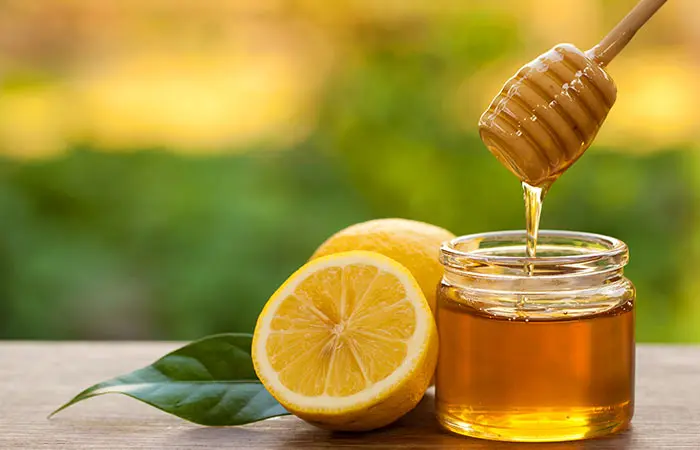
Lemon acts as an astringent. Honey is an excellent emollient that not only moisturizes your skin but may also reduce acne (6).
Squeeze the juice of a lemon and add honey to it. Mix well and apply it to your face and neck. Wash it off after 15 minutes. Repeat this 1-2 times a week for best results.
5. Sunflower Oil
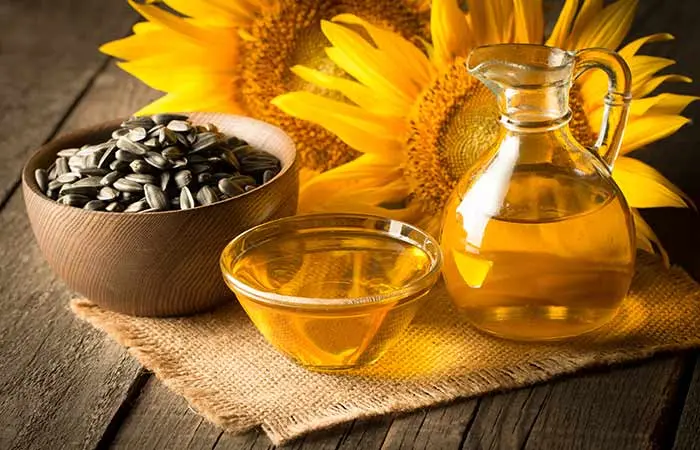
Sunflower seed oil contains linoleic acid that hydrates your skin and strengthens the skin barrier (7).
Take a few drops of sunflower oil and massage it into your skin. Leave it on. Do this at least once a day to keep your skin moisturized.
 Trivia
Trivia6. Strawberry
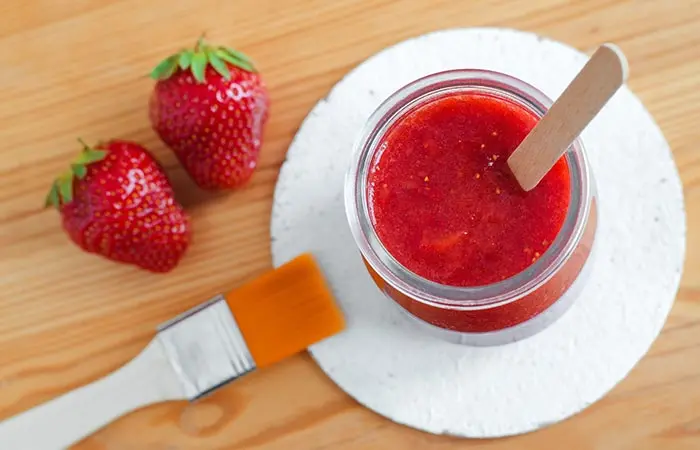
Strawberries possess moisturizing properties that can promote less transepidermal water lossi The amount of water that passes through the skin layers and evaporates through the epidermis (the top layer of the skin). and leave your skin nourished and hydrated without the oiliness (8).
Mash two to three strawberries to get a thick pulpy paste. Add a tablespoon of fresh cream and one to two teaspoons of honey to this paste and mix well. Apply this moisturizing face pack on your face and neck. Rinse thoroughly after 10 minutes. You can do this two times a week.
7. Jojoba Oil
Jojoba oil has emollienti Ingredients that provide a softening and soothing effect to the skin and are often used in numerous skincare products. and humectanti The ability of a substance to attract water from the air and lock it deep inside the skin to help retain moisture. properties (9). It is used as an ingredient in sunscreen and moisturizers due to these properties.
Take a few drops of jojoba oil in your palm. Massage it gently into your skin after a shower. Alternatively, you can also add a few drops of jojoba oil to your facial moisturizer or mix a few drops of tea tree oil with jojoba oil to make a light, non-greasy homemade moisturizer and apply it on your face and neck after a shower.
8. Green Tea
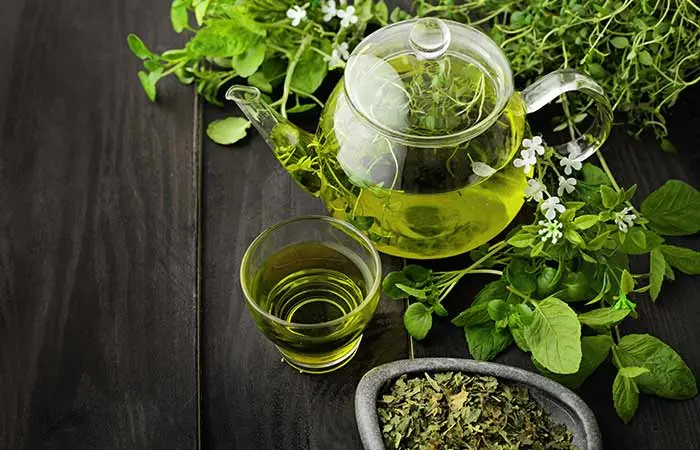
Green tea can help prevent transepidermal water loss and maintain the moisture balance of your skin (10).
Steep green tea bags in hot water. Allow it to cool down and empty the contents in a bowl. Add honey to this and apply the pack on your face and neck. Wash it off after 10 minutes. Apply this moisturizing face pack 1-2 times a week.
9. Apple Cider Vinegar
Apple cider vinegar (ACV) is naturally acidic, which may help balance the pH levels and maintain the skin’s natural moisture barrier. Anecdotal evidence suggests that it has astringent properties that may help tone the skin, tighten the pores, and prevent excessive oil production. It may also help remove dead skin cells, and allow skin care products to penetrate the skin more effectively. This formula can also work as an effective pimple treatment for oily skin. However, there is still scope for more specific scientific research in this regard.
Dilute ACV with water in a 1:3 ratio before applying it to the skin, as undiluted ACV can be too harsh and may cause irritation. Then, cleanse your face with a mild cleanser and use a cotton ball to gently apply the diluted ACV to the specific areas, avoiding the eye area and any open wounds. After it dries, moisturize your skin to maintain hydration. Do this twice a week.
Infographics: Hydrate Oily Skin with Natural Ingredients
Why would oily skin require it to be moisturized? Simply because maintaining the hydration level required by the skin is not always easy when it comes to oily skin. Managing oily skin is challenging and requires a delicate balance. To make things simpler, we have put together a list of home treatments that can help adjust your skincare routine to be more effective. Check out the infographic below and learn how to tailor a moisturizer for oily skin from natural ingredients.
Some thing wrong with infographic shortcode. please verify shortcode syntax
Did you know that oily skin also needs moisturization? Often, people find it difficult to manage oily skin as they do not know the correct ways to moisturize oily skin. If you know the right products that work wonders for your skin, consider half the work done. You can moisturize your oily skin once or twice a day after washing your face and before going to bed. Homemade moisturizers with milk, rose petals, aloe vera, lemon, honey, sunflower oil, strawberry, jojoba oil, and green tea may help maintain your skin’s moisture balance. Also, if you want to take your homemade moisturizer to the next level, you can consider adding some skincare ingredients that are known to be effective for oily skin like salicylic acid, glycolic acid, hyaluronic acid, and niacinamide. However, do a patch test before applying these DIY moisturizers.
Frequently Asked Questions
Is aloe vera moisturizer good for oily skin?
Aloe vera moisturizer absorbs quickly, making it suitable for oily skin. After bathing, one can replace the regular moisturizer with aloe to help retain moisture in the skin.
Does oily skin age better?
The aging process for oily skin differs from that of other skin types. Because oily skin has a thicker structure and wider pores, fine lines and wrinkles do not emerge as quickly as in dry skin.
Does oily skin need a toner?
Yes. Toners are beneficial to oily skin since they penetrate the pores to provide a deeper cleanse and assist in balancing the skin tone. You can make a homemade toner for oily skin by taking half a cup each of aloe vera gel and rose water. Shake the ingredients together before misting the mix on your face.
Illustration: Homemade Moisturizers And Moisturizing Packs For Oily Skin
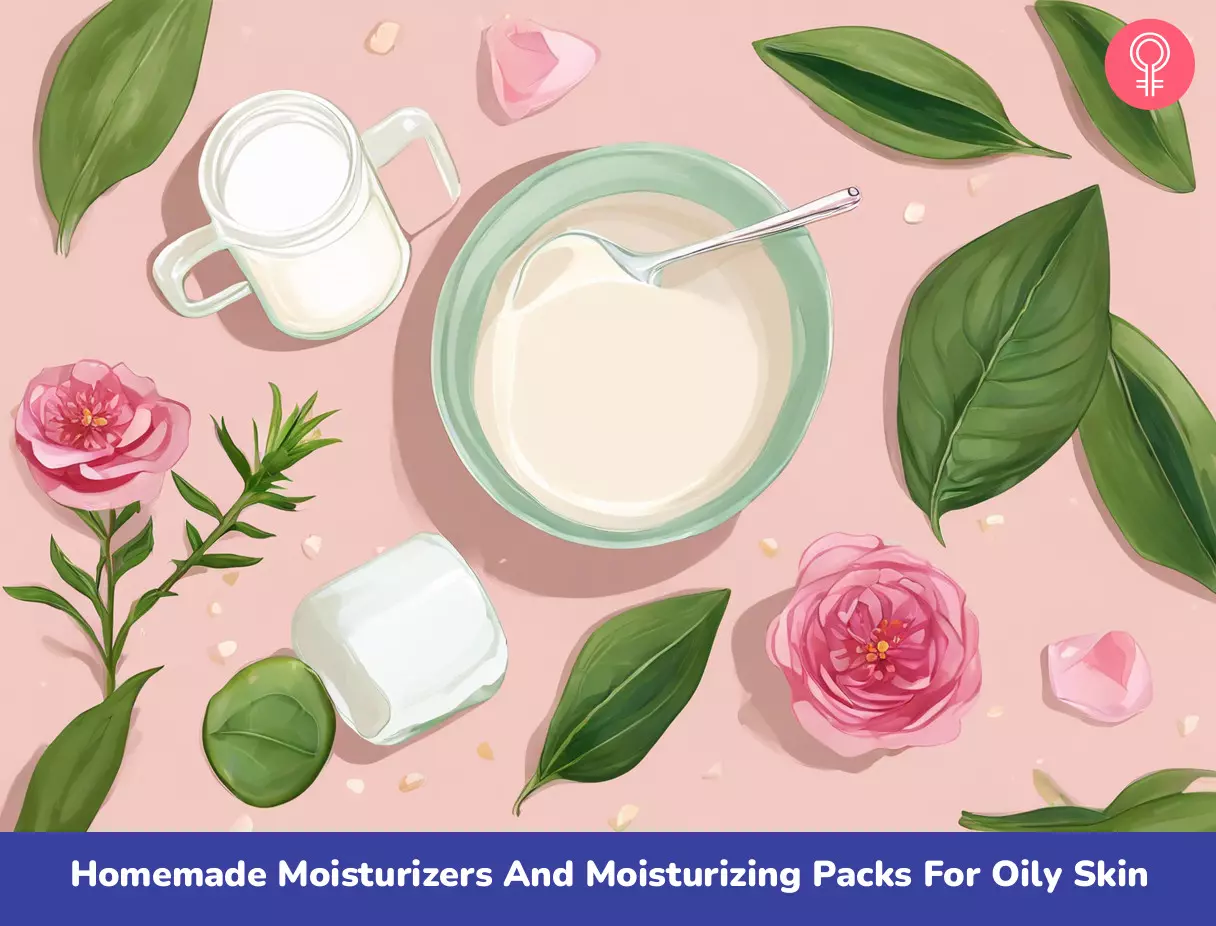
Image: Stable Diffusion/StyleCraze Design Team
References
Articles on StyleCraze are backed by verified information from peer-reviewed and academic research papers, reputed organizations, research institutions, and medical associations to ensure accuracy and relevance. Read our editorial policy to learn more.
- Lactic and lactobionic acids as typically moisturizing compounds. International Journal of Dermatology, US National Library of Medicine, National Institutes of Health.
https://pubmed.ncbi.nlm.nih.gov/30270529/ - Skin anti‐inflammatory activity of rose petal extract (Rosa gallica) through reduction of MAPK signaling pathway, Food Science and Nutrition, US National Library of Medicine, National Institutes of Health.
https://www.ncbi.nlm.nih.gov/pmc/articles/PMC6261181/ - Prefeasibility Study, Rose Water, Small and Medium Enterprise Development Authority,
Government of Pakistan.
http://www.amis.pk/files/PrefeasibilityStudies/SMEDA Rose Water.pdf - Moisturizing effect of cosmetic formulations containing Aloe vera extract in different concentrations assessed by skin bioengineering techniques. Skin Research and Technology, US National Library of Medicine, National Institutes of Health.
https://pubmed.ncbi.nlm.nih.gov/17026654/ - ALOE VERA: A SHORT REVIEW, Indian Journal of Dermatology, US National Library of Medicine, National Institutes of Health.
https://www.ncbi.nlm.nih.gov/pmc/articles/PMC2763764/ - Medicinal and cosmetic uses of Bee’s Honey – A review, Ayu, US National Library of Medicine, National Institutes of Health.
https://www.ncbi.nlm.nih.gov/pmc/articles/PMC3611628/ - Anti-Inflammatory and Skin Barrier Repair Effects of Topical Application of Some Plant Oils, International Journal of Molecular Sciences, US National Library of Medicine, National Institutes of Health.
https://www.ncbi.nlm.nih.gov/pmc/articles/PMC5796020/ - Supercritical CO2 extract from strawberry seeds as a valuable component of mild cleansing compositions. International Journal of Cosmetic Science, US National Library of Medicine, National Institutes of Health.
https://pubmed.ncbi.nlm.nih.gov/25899676/ - Moisturizers for Acne, What are their Constituents? The Journal of Clinical and Aesthetic Dermatology, US National Library of Medicine, National Institutes of Health.
https://www.ncbi.nlm.nih.gov/pmc/articles/PMC4025519/ - The use of green tea extract in cosmetic formulations: not only an antioxidant active ingredient. Dermatologic Therapy, US National Library of Medicine, National Institutes of Health.
https://pubmed.ncbi.nlm.nih.gov/23742288/
Read full bio of Dr. Schwarzburg
Read full bio of Sucharita Mishra
Read full bio of Ramona Sinha
Read full bio of Shiboli Chakraborti







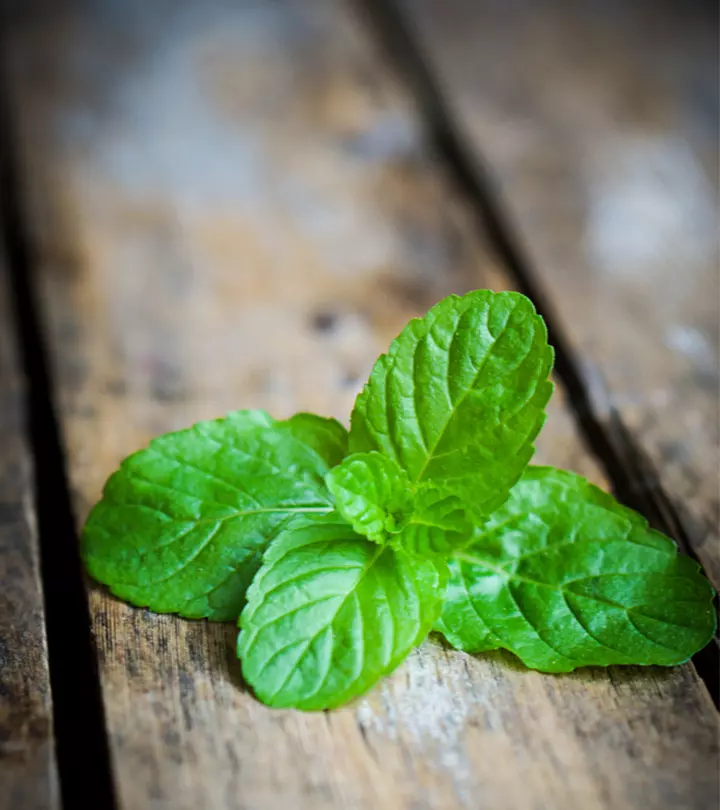
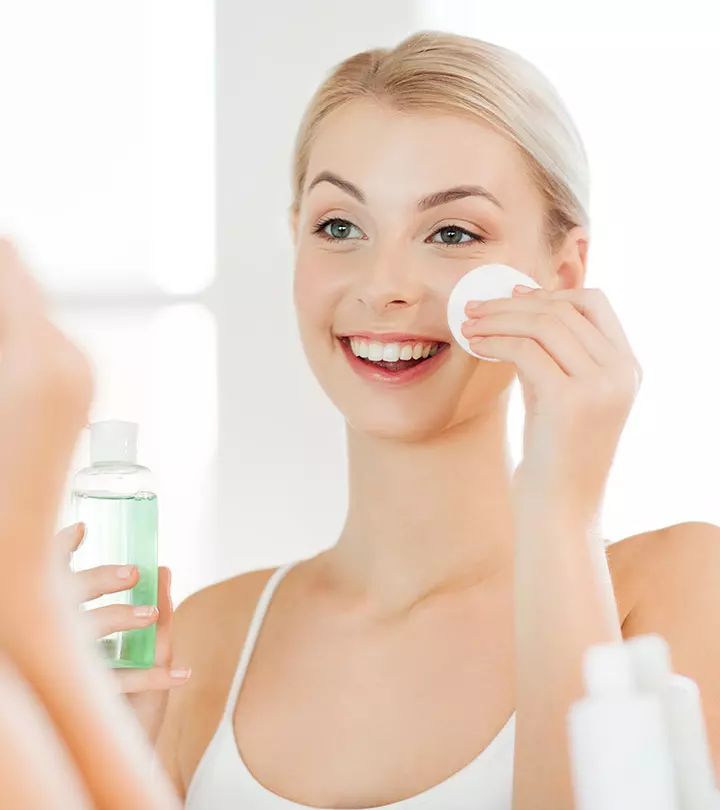
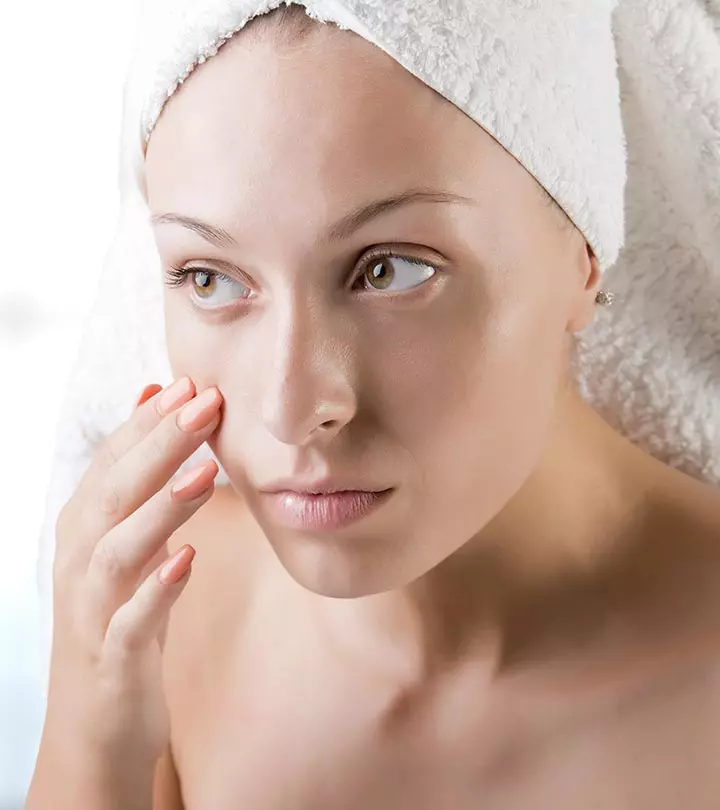

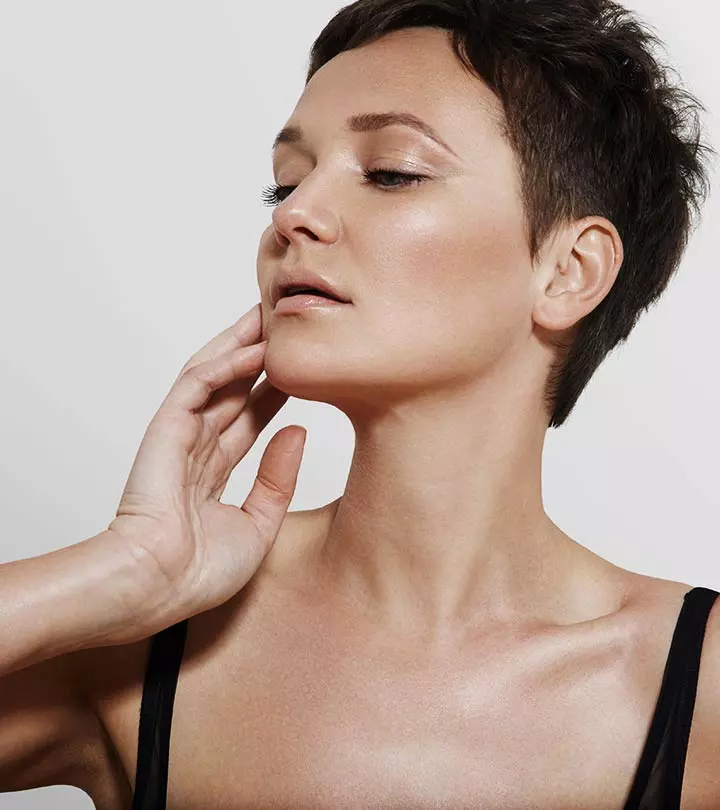



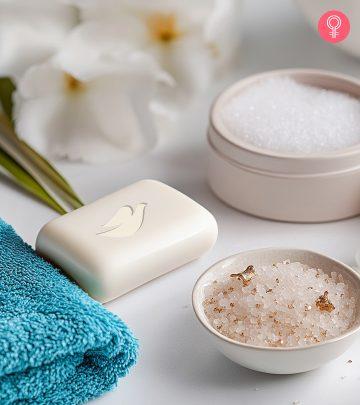
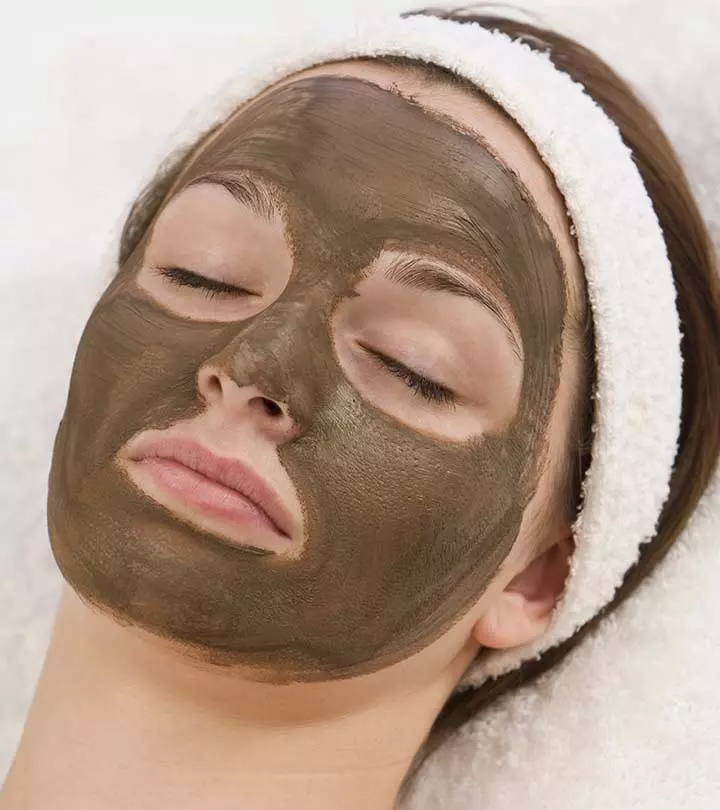
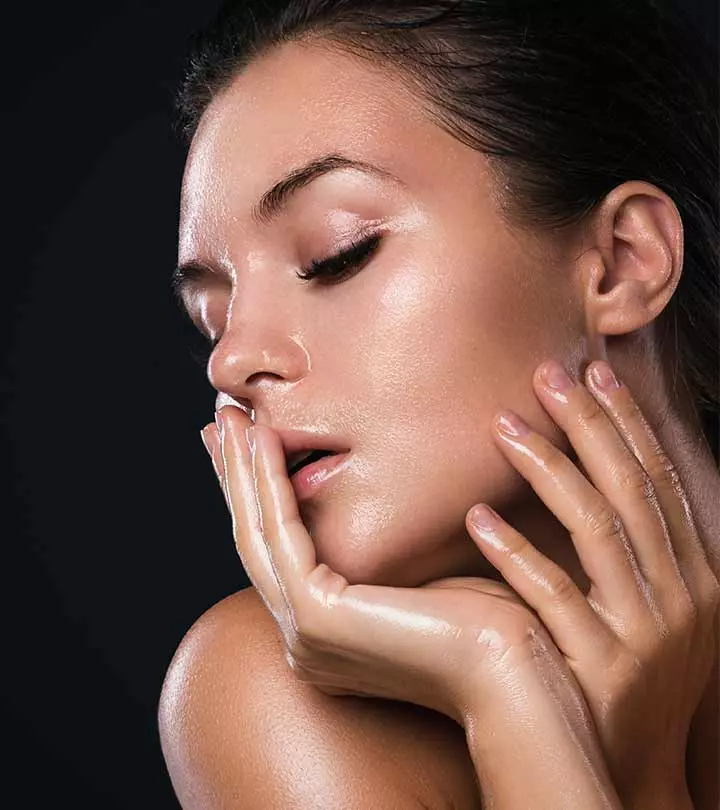
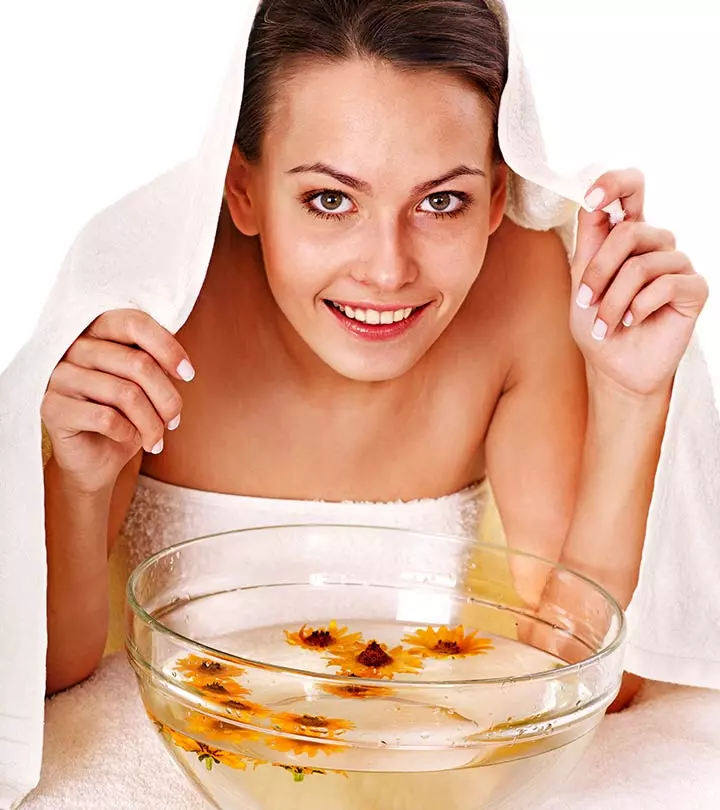
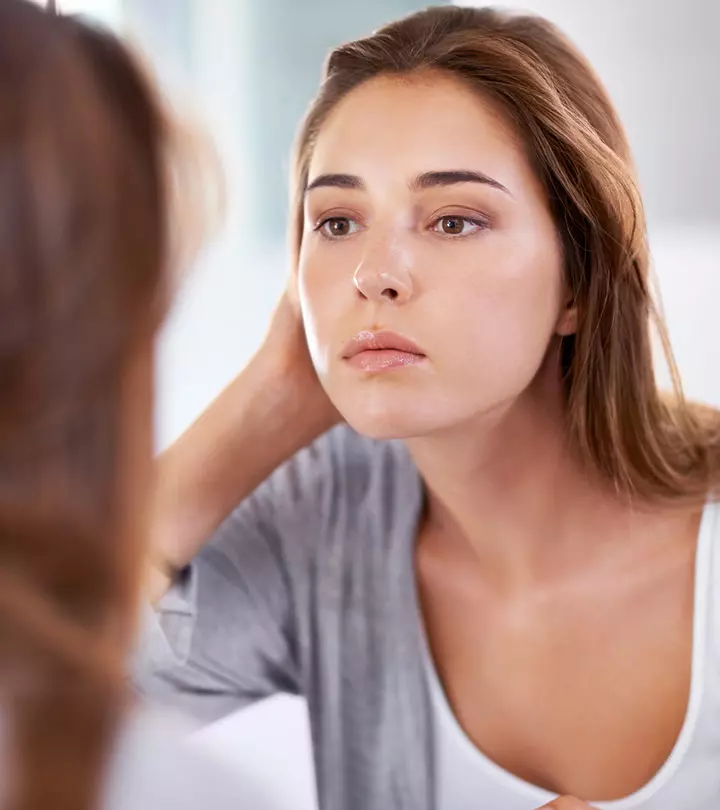
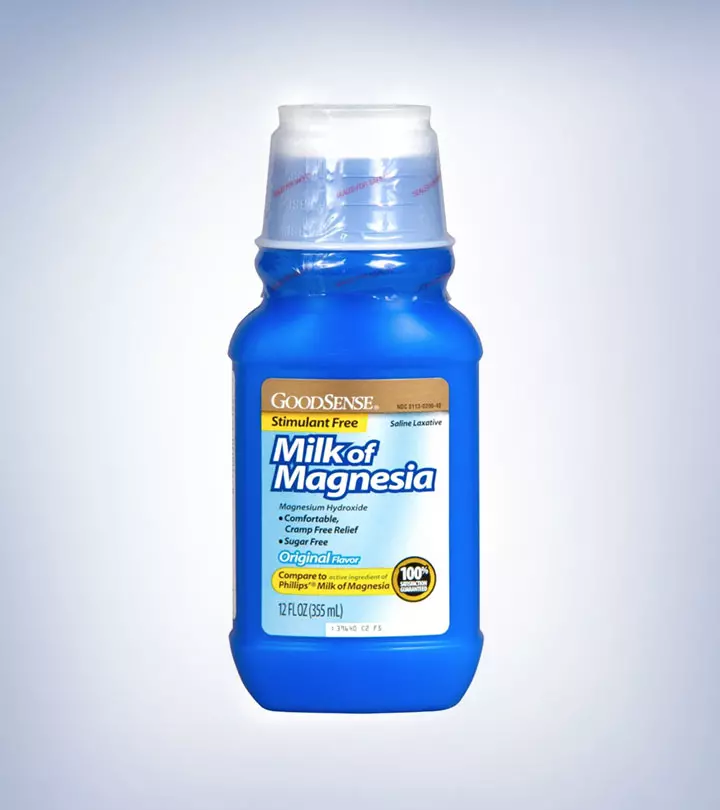
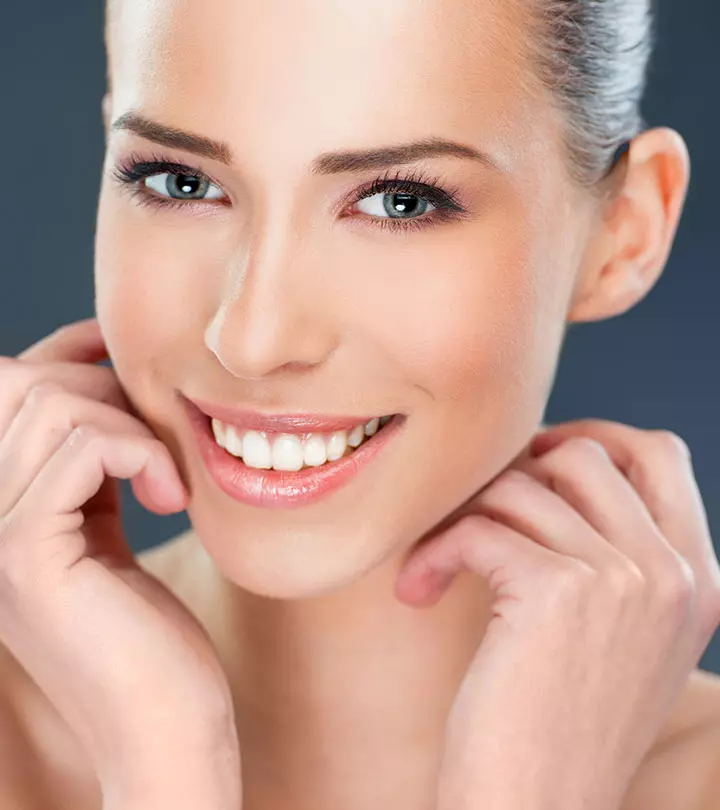

Community Experiences
Join the conversation and become a part of our empowering community! Share your stories, experiences, and insights to connect with other beauty, lifestyle, and health enthusiasts.